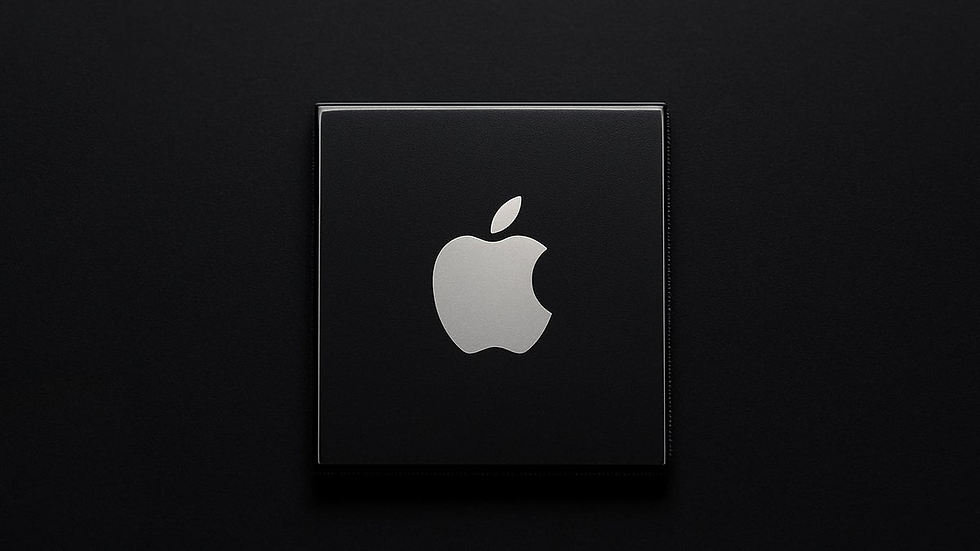Verizon told to tweak 5G ad claims
- Wireless Dealer Group

- May 18, 2020
- 3 min read

The National Advertising Division (NAD) has recommended Verizon stop using the claim that it’s delivering “the most powerful 5G experience for America” in two previously aired TV commercials touting the carrier’s 5G service rollout in sports stadiums were challenged by competitor AT&T.
NAD is an investigative unit of the advertising industry’s self-regulation system that reviews national advertising across media to set standards for truthfulness and accuracy. NAD last week said that in the context of the commercials, which depict and describe packed stadiums with thousands of fans on smartphones sharing that experience, Verizon’s claim conveys an unsupported message about the current consumer experience using mobile 5G.
It should be noted that since the COVID-19 pandemic hit the U.S., carriers including Verizon have shifted focus away from 5G branding TV ads.
That said, Verizon plans to appeal the finding to the National Advertising Review Board.
The express claim stated in the ads is that “Verizon is building the most powerful 5G experience for America,” a message the carrier indicated is clear to consumers, despite NAD’s finding that Verizon’s use of past and present tense conveys the message that it currently delivers the most powerful 5G experience.
“The intent of the commercial is to inform consumers about the billions of dollars Verizon is investing in its 5G buildout. Verizon strongly believes that consumers understand that this is the only message that is reasonably conveyed," said Verizon in its advertiser’s statement.
NAD pointed to wording like “This is happening now,” for the NFL spots and said Verizon’s “unqualified superiority claim…goes beyond touting Verizon’s spectrum portfolio.” Instead, sending the message of 5G consumer experiences that include capacity to serve many people at once and using Verizon’s 5G network to post content, along with resilience, coverage and latency – which NAD said Verizon didn’t provide sufficient evidence to support its present tense “most powerful network” claim.
Based on the context, one commercial the NAD release appears to be referring to is a Verizon NFL 5G Built Right ad, which Jeffrey Moore, principal at Wave7 Research, confirmed ran heavily in September 2019 in line with the start of NFL season and stopped airing November 18.
Verizon announced last September it was expanding 5G service to 13 NFL stadiums. Given current restrictions on large public gatherings in many places though, it’s unclear when ads depicting massive crowds might come back into favor.
Verizon said it plans to comply with NAD’s additional recommendations to make disclosures in the commercials more “clear and conspicuous” regarding the limited availability of the carrier’s 5G coverage.
Messaging changes during coronavirus
Carriers touting network superiority and advantages of their respective 5G service is nothing new, and they’ve challenged competitors claims before. In 2017, for example, NAD sided with Verizon in its challenge against a T-Mobile claim that it had the fastest 4G LTE network. Earlier this year, NAD investigated a challenge against T-Mobile by cable operator Charter Communications and suggested it discontinue comparisons of its TVision TV service to cable TV.
As the public health crisis hit the U.S., however, carriers pulled back from 5G messaging and by mid-March were all focused on pandemic-related advertising, “with offers going mostly by the wayside,” Moore told FierceWireless. Carriers moved instead to ads focused on keeping customers connected in times of uncertainty
“5G branding efforts from Verizon, AT&T, and T-Mobile shifted to pandemic-related branding, showing that Verizon, AT&T, and T-Mobile are doing what they can to keep customers connected and safe,” Moore said.
In April, Verizon started launching ads that focused on their entertainment offerings, including Disney+, YouTube TV, and Apple Music.
“This was a step toward normalcy, as these have been part of Verizon’s communication focus, but the pandemic context is obvious,” he added.
In May, things are shifting back toward normal, “but ads are not there yet.”
Moore pointed to Metro By T-Mobile’s “Rule Your Day” campaign, which was halted for a period, but restarted May 6. On the postpaid side, T-Mobile’s message for a time was “We’re with you,” but has now returned to the tagline of “Are you with us?”
AT&T is running new ads featuring the return of its "Lily" spokesperson played by Milana Vyntrub who previously appeared in dozens of ads for the carrier starting in 2013. Those spots don’t focus on critical connectivity, but still convey lifestyle changes with the character self-quarantining as she helps customers.
“The new Lily ads pitch offers, sure, but she is working from home amid the pandemic,” Moore noted.
Source: Fiercewireless.com
.png)













Commenti